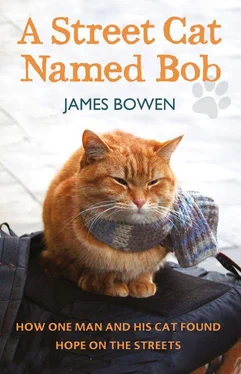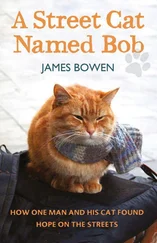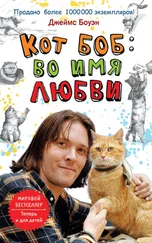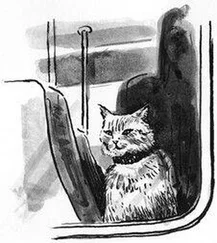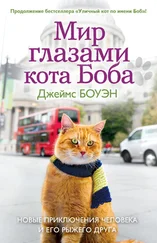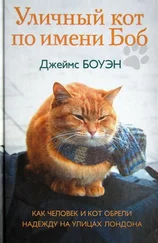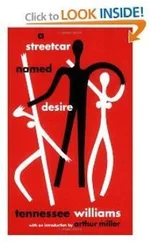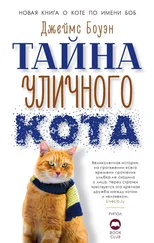The move to Angel had definitely met with Bob’s seal of approval; I only had to look at his body language each day as we headed to work.
When we got off the bus at Islington Green, he wouldn’t ask to climb on my shoulders in the way he tended to do when we’d been in central London. Instead, most mornings he would take the lead and march purposefully ahead of me, down Camden Passage, past all the antique stores, cafés, pubs and restaurants, and along towards the end of Islington High Street and the large paved area around the tube station entrance.
Sometimes we’d need to head to the Big Issue coordinator on the north side of the Green, so we’d take a different route. If that was the case, he’d always make a beeline for the enclosed garden area at the heart of the Green. I’d wait and watch while he rummaged around in the overgrowth, sniffing for rodents, birds or any other poor unsuspecting creature upon which he could test his scavenging skills. So far, he’d drawn a blank, but it didn’t seem to dampen his enthusiasm for sticking his head into every nook and cranny in the area.
When we eventually arrived at his favourite spot, facing the flower stall and the newspaper stand near one of the benches by the entrance to the Angel tube station, he would stand there and watch me go through the arrival ritual, placing my bag down on the pavement and putting a copy of the Big Issue in front of it. Once all this was done, he would sit himself down, lick himself clean from the journey and get ready for the day.
I felt the same way about our new stamping ground. After all the trouble I’d had at Covent Garden over the years, Islington seemed like another fresh start for us both. I felt like we were starting a new era, and that this time it was going to last.
The Angel was different from Covent Garden and the streets around the West End in lots of subtle ways. In central London, the streets were mostly crammed with tourists and, in the evenings, West End revellers and theatregoers. The Angel wasn’t quite as busy, but the tube station still saw a mass of humanity pouring in and out each day.
It was a distinctively different type of person, though. There were still a lot of tourists, of course, many of them drawn to the restaurants and arty venues like Sadler’s Wells and the Islington Business Design Centre.
But it was also a more professional and, for want of a better word, more ‘upmarket’ place. Each evening I’d notice hordes of people in business suits heading in and out of the tube station. The bad news was that most of them barely even registered the fact that there was a ginger cat sitting outside the station. The good news was that a large proportion of those who did slow down and spot him took an instant shine to Bob. They were also really generous. I noticed immediately that the average purchase and tip at Islington was just that little bit bigger than in Covent Garden.
The Angel locals were also generous in a different kind of way to those in Covent Garden. Almost as soon as we began selling the Big Issue there, people began giving Bob bits of food.
The first time it happened was on our second or third day. A very smartly dressed lady stopped for a chat. She asked me whether we were going to be there every day from now on, which struck me as a bit suspicious. Was she going to make some sort of complaint? I was completely off the mark, however. The following day she appeared with a small Sainsbury’s bag containing some cat milk and a pouch of Sheba.
‘There you go, Bob,’ she said happily, placing them on the pavement in front of Bob.
‘He’ll probably have that at home tonight if that’s OK,’ I said, thanking her.
‘Of course,’ she said. ‘As long as he enjoys it that’s the main thing.’
After that, more and more locals started donating titbits for him.
Our pitch was down the road from a large Sainsbury’s supermarket. It soon became obvious that people were going in there to do their normal shopping and were picking up a little treat for Bob on their way round. They would then drop their presents off on their way back home.
One day, just a few weeks after we began at Angel, about half a dozen different people did this. By the end of the day, I couldn’t fit all the tins of cat milk, pouches of food and tins of tuna and other fish that had been piling up all day into my rucksack. I had to keep it all in a large Sainsbury’s bag. When I got back to the flat, it filled up an entire shelf in one of the kitchen cupboards. It kept us going for almost a week.
The other thing that was a world apart from Covent Garden was the attitude of the staff at the tube station. At Covent Garden I was the Antichrist, a hate figure almost. I could count the number of people with whom I’d forged a good friendship in the years I’d been busking or selling the Big Issue there on the fingers of one hand. In fact I didn’t even need that. I could think of two at most.
By contrast, the staff at Angel were really warm and generous towards Bob from the very beginning. One day, for instance, the sun had been blazingly hot. The mercury must have been up in the 90s at one point. Everyone was walking around in shirt sleeves even though, technically, it was autumn. I was sweating like crazy in my black jeans and black T-shirt.
I deliberately placed Bob in the shade of the building behind us so that he didn’t get too hot. I knew that heat was bad for cats. An hour or so after we’d set up our pitch, it became clear to me that I’d soon need to get some water for Bob. But before I was able to do something, a figure appeared from inside the tube station with a nice clean, steel bowl brimming with clear water. I recognised the lady immediately. Her name was Davika, one of the ticket attendants, she’d stopped to talk to Bob on numerous occasions already.
‘Here you go, Bob,’ she said, stroking him on the back of the neck as she placed the bowl in front of him. ‘Don’t want you getting dehydrated now, do we?’ she said.
He wasted no time in diving in and lapped it up in no time whatsoever.
Bob had always had this ability to endear himself to people, but it never ceased to amaze me just how many seemed to become devoted to him. He had won the Islington crowd over in a matter of weeks. It was amazing really.
Of course, it wasn’t perfect at the Angel. This was London after all. It could never have been all sweetness and light. The biggest problem was the concentration of people working the area around the tube station.
Unlike Covent Garden where all the surrounding streets were alive with activity, at the Angel things tended to be concentrated around the tube. So as a result there were a lot of other people operating on the streets, from people dishing out free magazines to charity workers - or ‘chuggers’, as they were known.
This was one of the biggest changes that I’d noticed since I’d started working on the streets a decade earlier. The streets were very much more competitive than they used to be. The ‘chuggers’ were mostly hyper-enthusiastic young people working for charities. Their job was to collar well-heeled commuters and tourists and get them to listen to a spiel about their charity. They would then try to persuade them to sign up for direct debits to be taken from their bank accounts. It was like being mugged by a charity - hence their nickname: chuggers.
Some were third world charities others were health related, to do with cancer or other illnesses like cystic fibrosis and Alzheimer’s. I didn’t have a problem with them being there but it was the way they hassled people that annoyed me. I had my own sales spiel for the Big Issue , of course. But I wasn’t as intrusive or as nagging as some of these. They would follow people down the road engaging them in conversations they didn’t want to have.
Читать дальше
